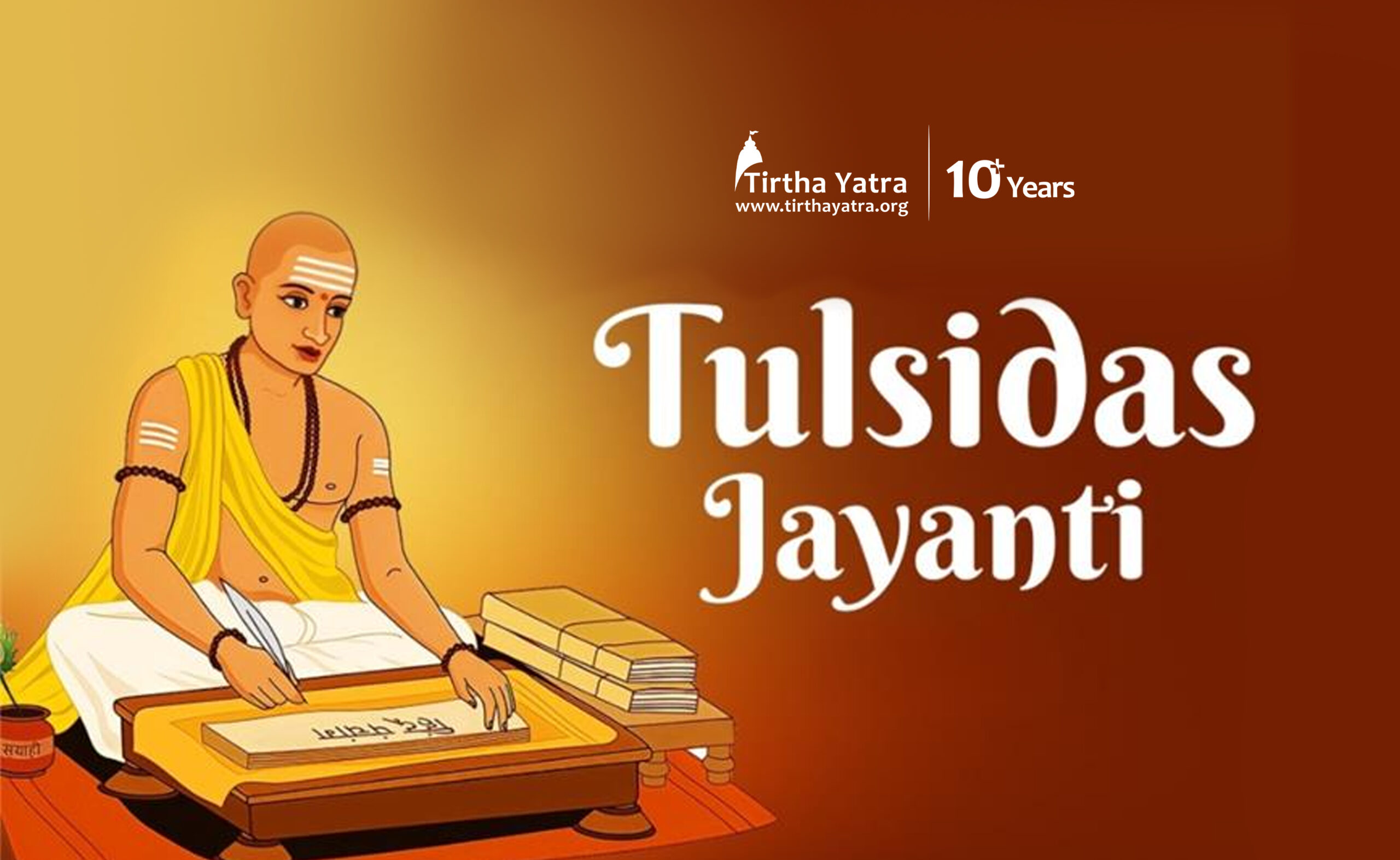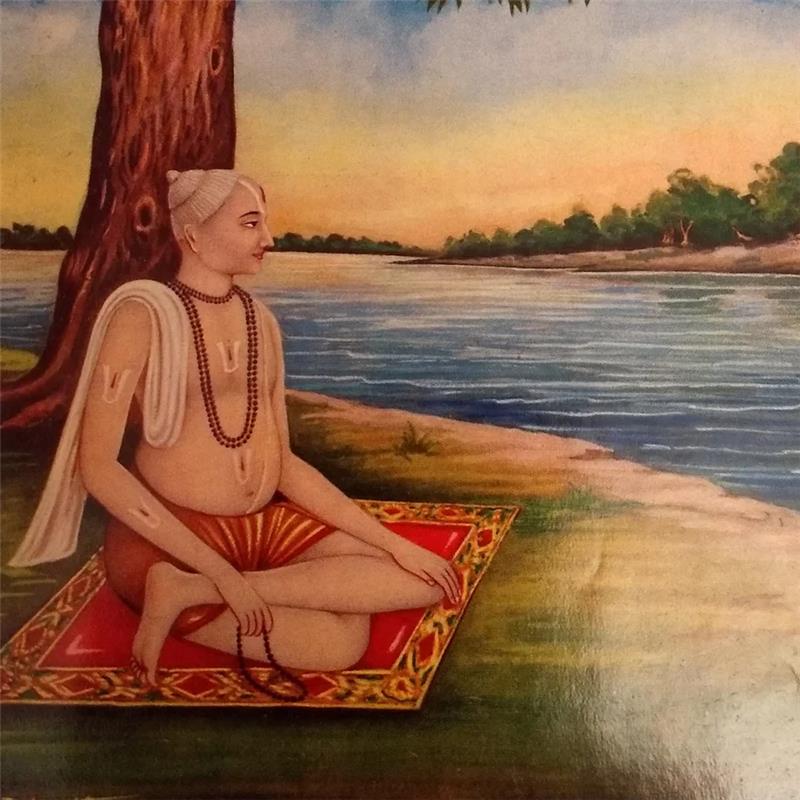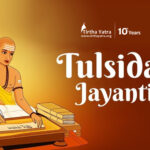
Bengaluru, July 30, 2025 — India and spiritual communities worldwide are preparing to celebrate Tulsidas Jayanti on Thursday, July 31, 2025, marking the 528th birth anniversary of the revered saint-poet Goswami Tulsidas. On the traditional Hindu calendar, this significant day corresponds to Shravan Shukla Paksha Saptami—that is, the seventh lunar day of the bright half (Shukla Paksha) in the month of Shravan.
Tulsidas—born as Rambola Dubey around 1497 CE in Rajapur (Chitrakoot), Uttar Pradesh—rose to prominence as the author of the devotional epic Ramcharitmanas, written in the Awadhi dialect to make the Ramayana accessible to the common people. Tulsidas, the revered 16th-century poet-saint, is traditionally credited with composing the Hanuman Chalisa—a devotional hymn of forty verses written in Awadhi, celebrating the divine qualities and unwavering devotion of Lord Hanuman. Tulsidas, revered by many as a reincarnation of the sage Valmiki, is credited with founding the Sankat Mochan Hanuman Temple in Varanasi in the early 1500s. According to tradition, he had a vision of Hanuman at the very spot where the temple now stands and later composed much of his epic Ramcharitamanas there. It was Tulsidas who initiated the tradition of staging Ramlila—live dramatizations of Rama’s story—which continue to be performed across India.
On July 31, the Saptami Tithi will begin at 2:41 AM and continue until 4:58 AM on August 1. Across northern India—particularly in Uttar Pradesh, Bihar, Madhya Pradesh, and Rajasthan—as well as in spiritual centres like Varanasi and Ayodhya, devotees will observe the day with deep devotion.
Early morning procedures customarily include a pre-dawn sacred bath, followed by temple visits to offer prayers and pay respects. A key spiritual observance is the Akhand Ramayan Path, in which the entire Ramcharitmanas is read aloud in a single, uninterrupted session lasting approximately 24 hours. This continuous recitation is believed to usher in blessings such as peace, unity, and prosperity, while clearing obstacles and fostering a positive atmosphere at home or in the temple. The Sundar Kand section and Hanuman Chalisa recitations are considered especially auspicious, believed to bring peace, prosperity, and divine protection. Charitable acts like feeding Brahmins and the needy are also widely practiced (https://www.dkscore.com/).
Cultural programmes such as bhajan kirtans, poetry recitals, seminars, and Ram Leela performances bring Tulsidas’ legacy to life, engaging a new generation with his timeless teachings. In recent years, digital platforms have added a modern dimension—streaming live discourses, virtual recitals, and exhibitions highlighting his enduring influence (Acharya Ganesh).
As Tulsidas Jayanti 2025 approaches, devotees and literary enthusiasts alike reflect on the saint-poet’s message of devotion, righteousness, and accessible spirituality. The anniversary is seen not just as a celebration, but as a living tribute to Tulsidas’ powerful contribution to Indian culture, literature, and faith.
0











Leave a Reply